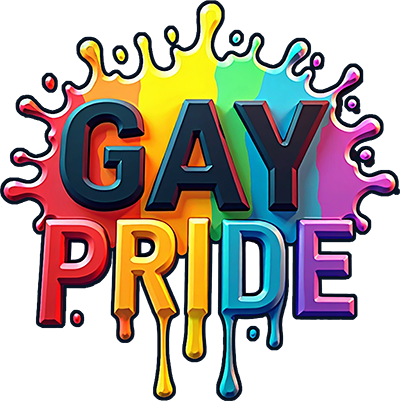Navigating LGBTQ Discrimination: Legal Resources and Rights
In today’s society, the fight for equality and rights for the LGBTQ community continues to be a significant issue. Despite progress in many areas, LGBTQ individuals still face discrimination in various facets of life, including employment, housing, healthcare, and education. Understanding your rights and knowing where to find legal resources is crucial in navigating and combatting this discrimination.
Understanding Your LGBTQ Rights
The first step in navigating LGBTQ discrimination is understanding the rights afforded to you by law. In many countries, there are specific legal protections in place, although these can vary greatly depending on your location.
Federal and State Protections
In the United States, federal laws offer some level of protection. The Supreme Court’s landmark decision in Bostock v. Clayton County in 2020 ruled that Title VII of the Civil Rights Act of 1964, which prohibits employment discrimination based on race, color, religion, sex, or national origin, also applies to discrimination based on sexual orientation and gender identity. However, protections can vary significantly at the state level, with some states offering comprehensive protections and others offering none.
International Protections
Globally, LGBTQ rights vary widely. While countries like Canada and the Netherlands offer robust protections, others may have limited or no protections, and in some cases, homosexuality is criminalized. It’s crucial to be informed about the specific legal landscape of your country or region.
Legal Resources for LGBTQ Individuals
Knowing where to find support and legal resources can empower LGBTQ individuals to take action against discrimination. Here are some valuable resources:
Non-Profit Organizations
Organizations such as the American Civil Liberties Union (ACLU), Lambda Legal, and the Human Rights Campaign (HRC) provide legal assistance and advocacy for LGBTQ rights. These organizations often offer free or low-cost legal services and can connect individuals with resources in their area.
Legal Aid and Pro Bono Services
Many law firms offer pro bono services specifically for LGBTQ individuals facing discrimination. The National LGBT Bar Association has a directory of attorneys and legal professionals committed to LGBTQ issues.
Online Resources and Hotlines
Websites such as LGBTQ Legal Services offer comprehensive guides and information on rights and legal processes. Additionally, hotlines like the LGBT National Help Center provide immediate assistance and referrals to local legal resources.
Common Areas of LGBTQ Discrimination
Understanding the common areas where discrimination occurs can help individuals recognize and address these issues effectively.
Employment
Despite federal protections, workplace discrimination remains a significant issue. According to a 2020 report by the Williams Institute, 46% of LGBTQ workers reported experiencing discrimination at work. It’s crucial to document incidents and seek legal advice if you face discrimination in the workplace.
Housing
Discrimination in housing can manifest in various ways, from being denied a rental unit to facing harassment from landlords. The Fair Housing Act offers some protections, but gaps remain. Documenting incidents and reaching out to legal services is vital in these situations.
Healthcare
LGBTQ individuals often face bias and discrimination in healthcare settings, affecting their access to necessary medical care. The Affordable Care Act includes provisions to protect against such discrimination, but challenges persist. Advocating for your rights and seeking supportive healthcare providers is essential.
Education
LGBTQ youth often face discrimination and bullying in educational settings. According to GLSEN’s 2019 National School Climate Survey, 59.1% of LGBTQ students felt unsafe at school because of their sexual orientation. Schools have a legal obligation to provide a safe environment, and legal resources can assist in ensuring these rights are upheld.
Taking Action Against Discrimination
Empowerment comes from knowing how to take action against discrimination when it occurs.
Documenting Incidents
Documentation is crucial in any discrimination case. Keep detailed records of incidents, including dates, times, locations, and any witnesses. This documentation can be invaluable when pursuing legal action.
Filing Complaints
Filing a complaint with the appropriate authorities, such as the Equal Employment Opportunity Commission (EEOC) or your state’s civil rights agency, is a critical step. These agencies can investigate claims and provide legal recourse.
Seeking Support
Facing discrimination can be emotionally taxing. Seeking support from LGBTQ community centers, support groups, and mental health professionals can provide much-needed emotional assistance during challenging times.
Conclusion
Navigating LGBTQ discrimination requires awareness, knowledge, and access to legal resources. By understanding your rights, utilizing available resources, and taking appropriate action, you can effectively combat discrimination and contribute to a more equitable society. Remember, you are not alone in this journey—numerous organizations and allies are available to support you every step of the way.
For more information and resources, visit LGBTQ Legal Services and explore their comprehensive guides on LGBTQ rights and legal assistance.


2 replies on “Navigating LGBTQ Discrimination: Legal Resources and Rights“
Comments are closed.